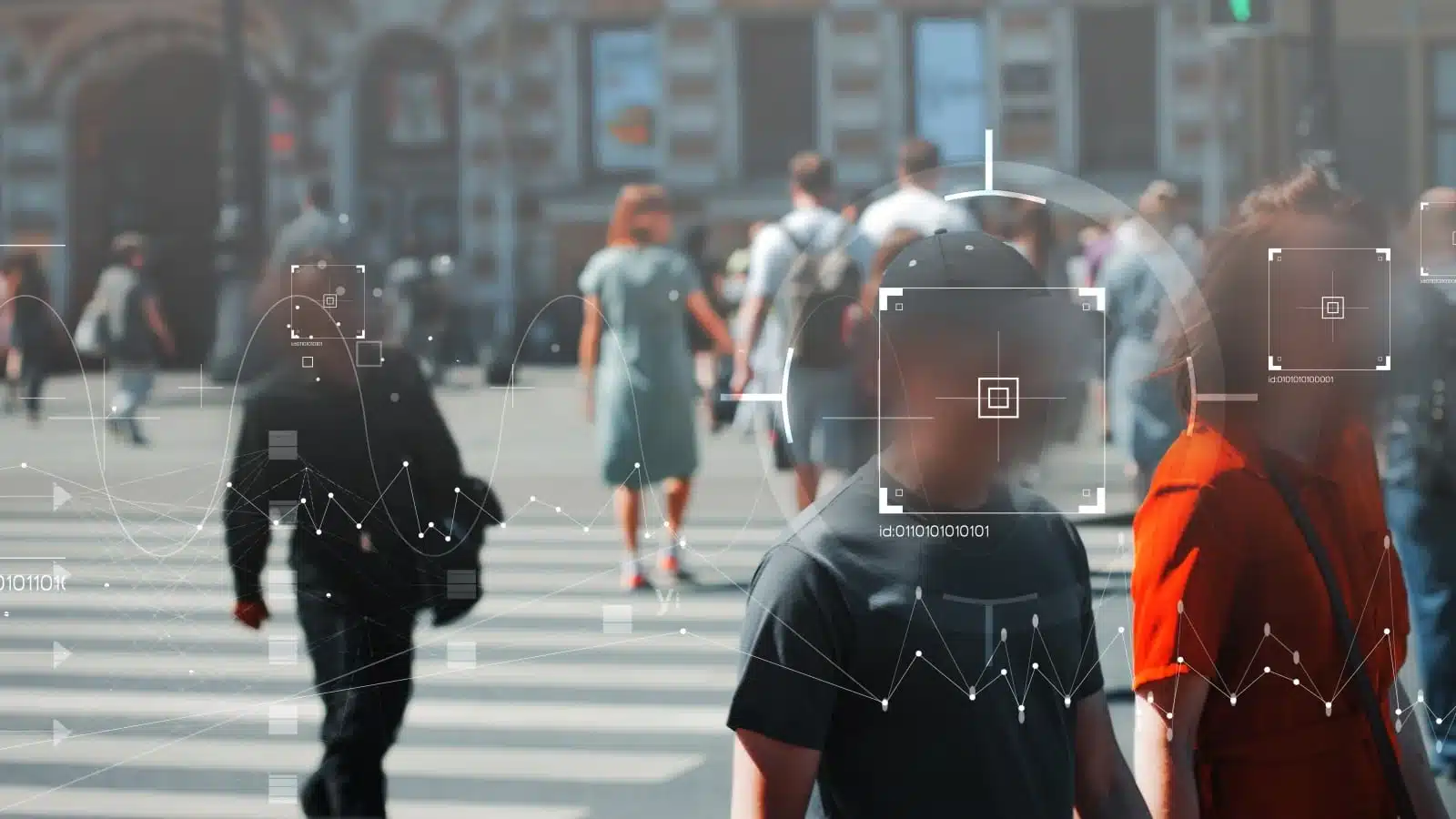Ever feel like technology is a double-edged sword? Sure, it’s made life more convenient, but at what cost? As we embrace the latest gadgets and apps, we might be giving up more than we realize—especially when it comes to our privacy and freedom. The reality? Technology is watching, listening, and recording more than we ever thought possible.
Your Every Move Is Tracked

It turns out that your smartphone is more like a pocket-sized surveillance device. From your location to your daily habits, it’s all being tracked. Companies use this data to target ads, but who else is watching?
Social Media Knows You Better Than You Think

Social media platforms don’t just connect you with friends—they collect a treasure trove of personal information. Every like, share, and comment helps build a detailed profile of who you are, and that information can be used in ways you might not expect.
Online Shopping Means You’re Always Being Watched

When you shop online, it’s not just about convenience. Retailers track your browsing history, purchases, and even how long you linger on a product page. This data helps them tailor offers to you, but it also means your shopping habits are anything but private.
Facial Recognition: A New Kind of Surveillance

Facial recognition technology is popping up everywhere, from airports to shopping malls. While it can make life easier, it also raises serious concerns about privacy and how this data might be used—or misused.
Smart Devices, Not So Smart Privacy

Smart speakers, thermostats, and other connected devices are always listening and gathering data about your daily life. While they’re designed to make life easier, they also create new avenues for privacy invasion.
Data Breaches: Your Personal Information at Risk

Even the most secure systems aren’t foolproof. Data breaches are becoming more common, and when they happen, your sensitive information—like social security numbers and credit card details—can be exposed to criminals.
Cybersecurity Threats: A Constant Battle

Hackers are getting smarter, and cyberattacks are on the rise. Whether it’s ransomware locking you out of your own files or phishing scams tricking you into giving away personal information, the digital world is full of threats to your privacy.
Big Data, Bigger Problems

Big data is all about collecting and analyzing vast amounts of information. While it can lead to breakthroughs in various fields, it also means that your personal information is part of a massive database, accessible to those who know how to use it.
Government Surveillance: More Pervasive Than Ever

Governments around the world are increasingly using technology to monitor citizens. From phone taps to internet monitoring, the line between security and privacy is becoming blurred.
The Illusion of Free Apps

Many apps are free to download, but they come at the cost of your privacy. These apps often collect and sell your data, turning you into the product without you even realizing it.
Cloud Storage: Convenient but Risky

Storing your data in the cloud is convenient, but it’s not without risks. Cloud providers have access to your files, and if their security is compromised, so is your privacy.
Online Anonymity? Not So Much

Think you’re anonymous online? Think again. Between IP tracking, cookies, and other digital footprints, staying truly anonymous on the internet is nearly impossible.
Targeted Ads: Creepy or Convenient?

Ever notice how ads seem to know exactly what you were thinking about buying? That’s no coincidence. Targeted advertising uses your online behavior to deliver ads tailored specifically to you, raising questions about how much of your browsing history is really private.
The Dark Side of AI

Artificial intelligence is great at making sense of data, but it’s also being used in ways that can threaten privacy. From predictive policing to social media monitoring, AI is being used to track and analyze your behavior in ways that might make you uncomfortable.
Location Tracking: You’re Never Really Lost

GPS and other location tracking technologies mean that your whereabouts are always known. Whether it’s for navigation or social media check-ins, this constant tracking raises concerns about who might be watching.
The Right to Be Forgotten? Not in the Digital Age

In a world where everything is stored online, it’s hard to erase your digital footprint. The right to be forgotten is a concept that’s still catching up to the reality of how our data is stored and shared.
The Takeaway

Technology has brought us incredible convenience, but it’s also opened the door to new challenges for privacy and freedom. By understanding these risks, you can take steps to protect yourself and maintain control over your personal information. So, next time you’re using your favorite app or gadget, remember that there’s more going on behind the scenes than you might think.
Featured Image Credit: Shutterstock / Trismegist san.
For transparency, this content was partly developed with AI assistance and carefully curated by an experienced editor to be informative and ensure accuracy.





